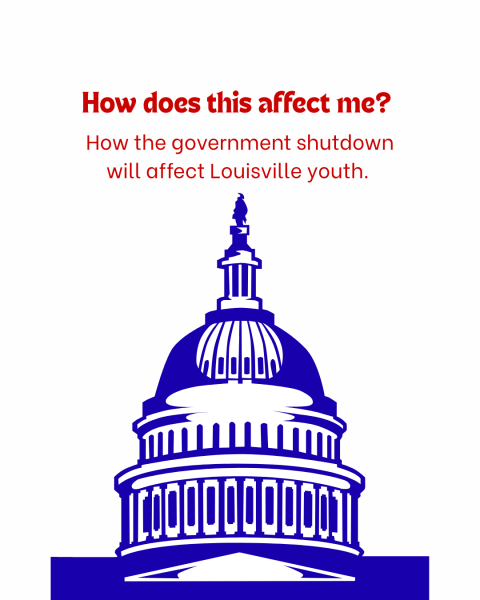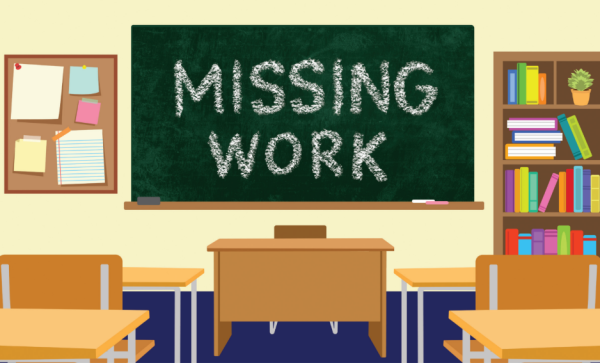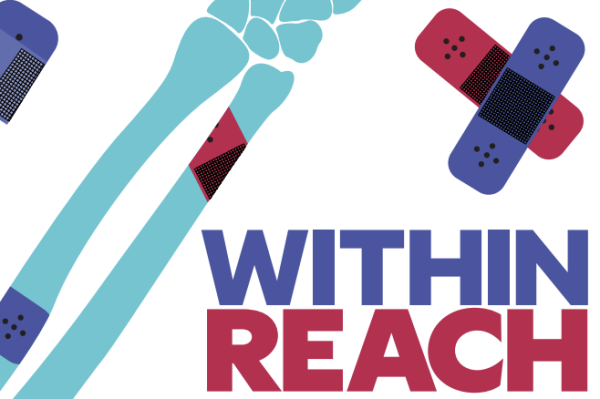LET’S TALK ABOUT SEX- Trump’s budget proposal cuts comprehensive sex education in public schools.
Participating in a high school sex education class is something most of us can relate to: the uncomfortable faces, the snickers of a few immature boys, the casual mention of taboo words. Despite these commonalities, our experiences might have varied greatly depending on the teaching method our schools chose to endorse.
For the last decade, there has been an urge from government and school officials to regulate the way sex education is taught, because there are currently no laws in the state of Kentucky that standardize sex education. In short, public schools in our state can teach the sex education curriculum of their choice. Abstinence-only and comprehensive are the two main approaches to teaching sex education. Those of us who learned the comprehensive way were taught about condoms, different types of birth control, and overall safe sex; those who studied abstinence-only education were trained in refraining from sex until marriage to eliminate all possible risks of unwanted pregnancy and STDs.
Our current presidential administration is pushing for a completely abstinence-based sex education course to be implemented in high schools.
Trump’s proposed budget for 2018 includes $277 million dollars set aside to fund abstinence-only sex education and cuts nearly $214 million dollars from comprehensive teen pregnancy prevention programs across the country. If this current budget plan succeeds, many health classes will start or will continue teaching abstinence-only sex education.

But why is this an issue? Let’s take a look at the stats. While abstinence technically eliminates all risk of sexually transmitted diseases and unwanted pregnancy, a study run on behalf of the U.S. Department of Health and Human Services found no evidence that abstinence-only programs actually increased abstinence. In fact, students in these abstinence programs exhibited a similar number of sexual partners, age of first sexual intercourse, and rate of unprotected sex as their peers who weren’t offered an abstinence-only program. On the other hand, evidence shows that the comprehensive approach actively reduces frequency of sexual activity, delays onset of sexual activity, and increases condom and contraceptive use.
When sexually active high schoolers are educated on how to understand contraceptives through comprehensive sex education, they are 60 percent less likely to get pregnant than someone who received abstinence-only education, according to a study by the University of Washington in 2008.
The Guttmacher Institute, a well-known research organization that focuses on sexual and reproductive health, confirmed that 26 states require abstinence sex education curriculum. Technically, it is the most sure form of prevention; however, Centers for Disease Control and Prevention reported 41 percent of U.S. high school students were sexually active in 2015 — so those teens probably aren’t listening to the “no sex before marriage” speech.

The abstinence-only plan Trump is proposing has the chance to not only increase the risks for sexually active teens to get pregnant or get someone else pregnant, but it could likely expand the sexual health problems teens face, thus adding to their healthcare needs.
Furthermore, we know that there have been cases of sexual assault victims coming out of abstinence-only sex education classes feeling guilty about what has happened to them. Sophia Letson-Ettin, a 17-year-old senior at Atherton High School, is one of them.
At the age of 14, Letson-Ettin was raped. The scarring attack changed her outlook on life and her perception of herself.
“I knew it was wrong, but I didn’t know how wrong. It made me feel worthless.” said Letson-Ettin.
This was only a few months prior to her taking a mandatory health class, which featured an abstinence-only sexual health unit.
She and many of her peers have experienced frustration with the abstinence curriculum at her school. Her school brought in a third party organization to teach the sex education class, but the class didn’t make her feel any more prepared to deal with situations in the future. In fact, Letson-Ettin remembers leaving the class feeling like her experience with sexual assault was her fault. Her abstinence-based sex-ed classroom shamed her experiences, despite the fact that she could not control her situation.
Her junior year, Letson-Ettin stood in front of the JCPS school board members, reading her one-and-a-half page letter addressed to them. She urged the school board to implement a universal comprehensive curriculum to ensure no one else would have to suffer the experience of having their worth demeaned.
“Abstinence-only education barely addresses crucial aspects of sex that people need to know, for example, consent.” Letson-Ettin said during her speech.
Although, her speech may have captivated the audience and a few board members, the overall question of comprehensive versus abstinence-only in JCPS must be answered at a state-level. And, of course, Trump’s national budget proposal could influence any decisions the state makes.

It is no secret that Betsy DeVos, the United States Secretary of Education, is an abstinence advocate. DeVos’s support for the current budget proposal to give abstinence-only education domination over public school health means we might soon see a change in sex education classrooms.
With such a strong push from the federal government for abstinence-only sex education, students could be leaving high school with no foundation for how to deal with sexual situations when they arise. And that’s dangerous.
It’s unlikely that graduates from schools that defer to abstinence-only sex education will learn how to prevent unwanted pregnancy after high school. Teens aren’t the only ones who need this information. Everyone — including married couples — needs to learn about safe sex at some point. If students aren’t learning how to make important, complex decisions now, then when will they? That is what school is for, after all.
Donations are collected through The Publishers, duPont Manual High School's booster club for J&C. On The Record relies completely on sponsorships, advertisements, and donations to produce and distribute each issue. Please consider donating to our cause, and helping the student journalists of OTR amplify youth voices for years to come.







